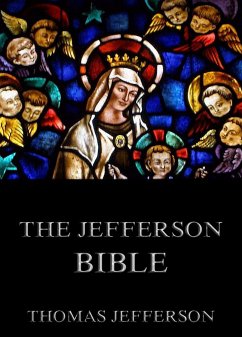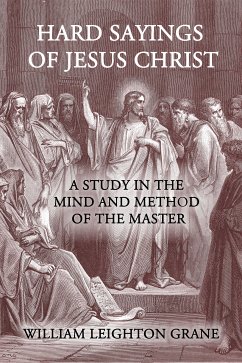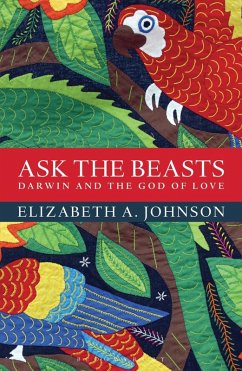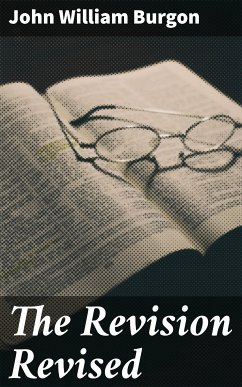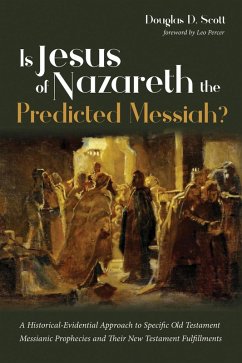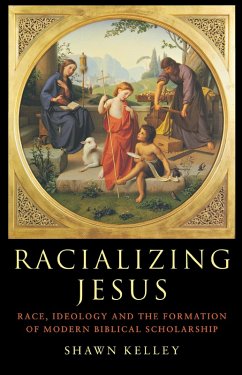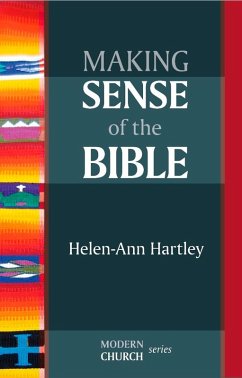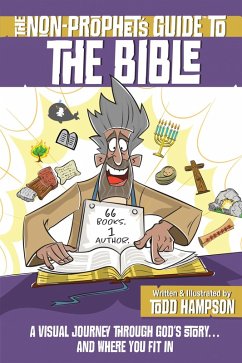More than a mere renaissance man, Jefferson may actually have been a new kind of man. He was fluent in five languages and able to read two others. He wrote, over the course of his life, over sixteen thousand letters. He was acquainted with nearly every influential person in America, and a great many in Europe as well. He was a lawyer, agronomist, musician, scientist, philosopher, author, architect, inventor, and statesman. Though he never set foot outside of the American continent before adulthood, he acquired an education that rivaled the finest to be attained in Europe. He was clearly the foremost American son of the Enlightenment. Jefferson was born at Shadwell in Albemarle county, Virginia on April 13, 1743. He was tutored by the Reverend James Maury, a learned man, in the finest classical tradition. He began the study of Latin, Greek, and French at the age of 9. He attended William and Mary College in Williamsburg at sixteen years old, then continued his education in the Law under George Wythe, the first professor of law in America (who later would sign Jefferson's Declaration in 1776). Thomas Jefferson attended the House of Burgesses as a student in 1765 when he witnessed Patrick Henry's defiant stand against the Stamp Act. He gained the Virginia bar and began practice in 1769, and was elected to the House of Burgesses in 1769. It was there that his involvement in revolutionary politics began. He was never a very vocal member, but his writing, his quiet work in committee, and his ability to distill large volumes of information to essence, made him an invaluable member in any deliberative body. In 1775 when a Virginia convention selected delegates to the Continental Congress, Jefferson was selected as an alternate. It was expected that Payton Randolph, (then Speaker of the Virginia House and president of the Continental Congress too,) would be recalled by the Royal Governor. This did happen and Jefferson went in his place. Thomas Jefferson had a theory about self governance and the rights of people who established habitat in new lands. Before attending the Congress in Philadelphia he codified these thoughts in an article called A Summary View of the Rights of British America. This paper he sent on ahead of him. He fell ill on the road and was delayed for several days. By the time he arrived, his paper had been published as a pamphlet and sent throughout the colonies and on to England where Edmund Burke, sympathetic to the colonial condition, had it reprinted and circulated widely. In 1776 Jefferson, then a member of the committee to draft a declaration of independence, was chosen by the committee to write the draft. This he did, with some minor corrections from James Madison and an embellishment from Franklin, the document was offered to the Congress on the first day of July. The congress modified it somewhat, abbreviating certain wording and removing points that were outside of general agreement. The Declaration was adopted on the Fourth of July. Jefferson returned to his home not long afterward. His wife and two of his children were very ill, he was tired of being remote from his home, and he was anxious about the development of a new government for his native state. In June of 1779 he succeeded Patrick Henry as Governor of Virginia. The nation was still at war, and the southern colonies were under heavy attack. Jefferson's Governorship was clouded with hesitation. He himself concluded that the state would be better served by a military man. He declined re-election after his first term and was succeeded by General Nelson of Yorktown.






